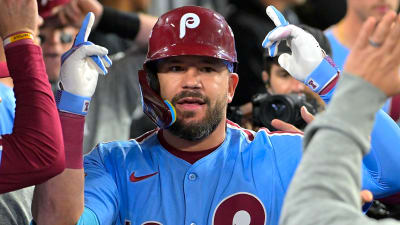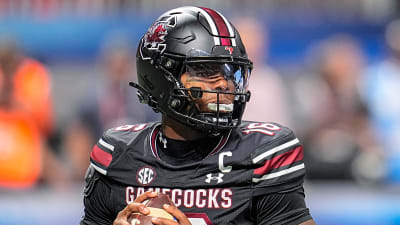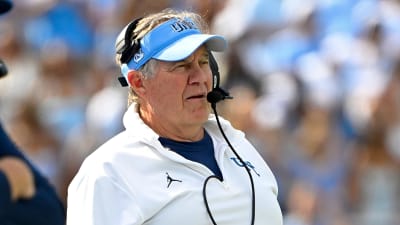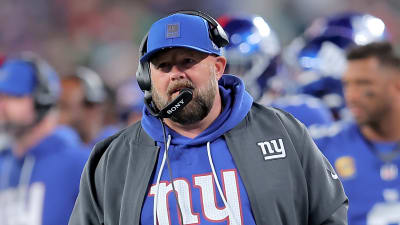
Last week, Tua Tagovailoa took a hard blow to the head while sliding, striking the turf with a thud. It was the kind of hit that made Dolphins fans hold their breath. After all? This is the same guy who has had four concussions in his career so far. But this time, the Dolphins QB got right back up, finished the game, and later explained why he felt perfectly fine.
After the game, Tua Tagovailoa revealed that he’s made subtle yet significant adjustments to his nutrition to minimize concussion risk, and the results, at least so far, seem promising.
“Just carbing up more for the games and getting more fluids in… I think it definitely helps with the aspect of the brain… I felt perfectly fine, felt great. Throughout the years, that was one of the bigger things we hadn’t addressed was making sure I got a good amount of carbs in my body so that as I drank water… it’d stay in,” Tagovailoa explained.
According to the QB, his doctors explained that hydration is equally about water intake as it is about retention.
“The doctors were talking about the liquid that your brain sits in. If I’m eating eggs, bacon, and sausage and there’s not much carbs, like if there’s no bread or whatnot, you kind of drink water, and it’ll just flush out of you. The carbs help soak that in and stay there,” he said.
Tua Tagovailoa’s solution to a serious problem like a concussion is both unconventional and ridiculously simple. But sports content creator Tyler M. Webb recently broke down why Tagovailoa’s approach might actually make scientific sense.
Webb noted that the brain “floats in a cerebral spinal fluid,” and when athletes are dehydrated, that fluid volume decreases, meaning there’s less cushion between the brain and skull on impact.
“Dehydration has also been found to cause the lining of the cells in your brain to become more fragile,” Webb explained, “which can increase the potential damage and inflammation in the brain, even on minor hits.”
And as it turns out, carbs may play a vital role in that protection. “Scientists have known for years that carbs help with water retention,” Webb added, “but newer studies are exploring whether they can also help athletes recover faster from concussions.”
View this post on Instagram
He then pointed to a 2020 study from Ole Miss, which found that athletes who consumed more than 475 grams of carbs per day recovered from concussions roughly four days faster than those who didn’t. The logic is simple — when the brain is healing, it burns energy at a higher rate. Without enough glucose from carbs, recovery can stall.
So, while Tua Tagovailoa’s “bread and water” approach may have initially sounded odd, it’s rooted in physiology. His focus on carbs and fluids ensures the brain’s protective cushion stays intact. Safe to say, sometimes, not all big problems require complex solutions. Especially when the answer lies right on our dining table.
More must-reads:
- The Big Five: Alarming reasons the Buffalo Bills' Super Bowl hopes are slipping away
- Why Titans reportedly felt now was right time to fire Brian Callahan
- The '2024 TD catch leaders by team' quiz
Breaking News
Trending News
Customize Your Newsletter
 +
+
Get the latest news and rumors, customized to your favorite sports and teams. Emailed daily. Always free!








